#COVID-19
Detroit Automakers Reinstate Mask Mandates in Michigan
General Motors, Stellantis, and Ford Motor Co. collectively decided to reinstate masking mandates in Michigan over the weekend — stating that the impacted factories were in areas with high levels of COVID-19.
The automakers had lifted mask requirements for employees after the backlash against government-backed restrictions and mandates hit a fever pitch in March. While protests had begun swelling by the fall of last year, the Canadian Freedom Convoy that was forcibility disbanded in February drew national attention to the issue. Despite Detroit manufacturers suggesting they would walk back restrictions (if the Centers for Disease Control and Prevention said it was okay) for months, ditching masks initially involved a series of stipulations about vaccinations and job titles. It wasn’t until public outrage spilled over into the real world that sweeping changes began to occur.
Toyota Confronting Widespread Factory Stalls in Asia
Toyota Motor Corp is currently having to contend with idle factories in Asia, reducing the automaker’s estimated output by over 47,000 units this month. Shockingly, it’s not alleged to have anything to do with the semiconductor shortage that’s been wreaking havoc on Western markets.
With chip production having been localized primarily in China and Taiwan, Asian suppliers have had better access to them. But Eastern markets have still been subjected to other routine plant closures due to supply chain restrictions stemming from the pandemic. Existing protocols in China, combined with renewed restrictions in Japan, have created a situation impacting numerous automakers with Toyota announcing this week that it probably won’t reach its goal of manufacturing 9 million cars this year — though it made sure to include the ongoing semiconductor issue as relevant.
2022 Toronto Auto Show Canceled Due to COVID Concerns
It’s deja vu all over again.
After we managed to squeeze a few auto shows — Chicago, Detroit/Motor Bella, and Los Angeles — in during 2021, we’re back in a place of scheduling uncertainty and possible event cancellations due to the rise of the Omicron variant of COVID-19.
Mask Up: U.S. Automakers to Extend Plant Requirements
In a reminder that the COVID-19 pandemic isn’t over, no matter that we all wish it was, U.S. automakers and the United Auto Workers union have agreed to extend mask requirements for workers but will not require vaccination for union workers.
Vaccine Mandates Being Considered By Auto Industry, UAW
With the Biden administration having announced that it would start requiring companies to vaccinate employees, automakers and UAW are finding themselves in a sticky situation. Unions had previously said they wanted to hold off on endorsing or opposing mandatory vaccinations until after they discussed things with the industry and their own members. Considering Joe Biden said he wouldn’t make vaccines mandatory less than 10 months ago, employers are getting caught with their pants around the proverbial ankles.
Automakers had previously been surveying white-collar workers to see what they wanted to do while upping on-site COVID restrictions, but operating under the impression that any hard decisions were likely a long way off and left entirely to their discretion. Now the Department of Labor’s Occupational Safety and Health Administration is planning a new standard that requires all employers with 100 (or more) employees to guarantee their workforce is fully vaccinated or require any unvaccinated workers to produce a negative test result on a minimum weekly basis.
Counterpoint: Mask Mandates for Autoworkers Are Fine
On Tuesday, Matt wrote an op-ed piece in which he said that it’s a mistake for automakers to bring back mask mandates.
I disagree.
UAW and General Motors Are Backing Mask Mandates Again
Despite American carmakers and the United Auto Workers abandoning mask mandates at the end of June, there’s been an about-face in Wentzville, Missouri. The state witnessed an uptick of cases, encouraging both the UAW and General Motors to reintroduce masks and social distancing protocols.
The facility is responsible for the GMC Canyon and Colorado, as well as Chevrolet’s Savana and Express. It’s also likely to be the first facility of many we’re assuming will be told it’s time to go back to the old masking rules. But why is this happening so soon after everyone was given the green light to return to normal operations?
2021 Chicago Auto Show Recap: Surreal Times On the Near South Side
The 2020 Chicago Auto Show was the last one before the world shut down due to COVID-19. The 2021 Chicago Auto Show was the first one to be held as the world reopens.
And boy, was it surreal. Not that I’m complaining — in-person auto shows beat the hell out of Zoom.
Mask Mandates Dropped By American Automakers, UAW
The COVID-19 Joint Task Force comprised of Detroit automakers and the United Auto Workers (UAW) has announced that it will be removing mask mandates for vaccinated employees. After meeting on Monday to discuss changes within state and federal health policies, the group decided masks should be made voluntary items for staffers. They could not get the rule change to coincide with the date the decision was made, however.
Lineworkers will instead be waiting until July 12th to pitch their masks in the trash bin so they can be deposited upon beaches and sea beds around the world. Of course, if a government agency (city, state, or county) wants to uphold old mandates or introduce new ones, the COVID-19 Joint Task Force said it would automatically comply. But that might not matter if employees have already decided to stop observing pandemic protocols.
Good Luck Getting Rental Cars This Summer
As you might have noticed, or heard from us, rental agencies have been hoovering up new and used vehicles to offset the 2020 selloff that stemmed from everyone mysteriously canceling their travel plans that year. Returning to normal, which is something anyone who didn’t assume the world was ending could have predicted, has resulted in increased pricing for vehicles — regardless of whether you’re renting or buying.
Rental companies typically try to play the vehicle market like the rest of use stocks or (if you’re hip) crypto. Buy low, sell high. But 2021 has created a perfect storm of increased demand coming after a long stretch of nothing and an auto industry that doesn’t seem to be capable of building cars thanks to all sorts of component shortages. But it’s no sweat for the big rental agencies because they’re now able to charge just about whatever they want. They’re keeping vehicles in their fleets longer, making more money off them, and selling them back at elevated prices.
Rental Car Companies Reeling From Uptick in Travelers
Rental car companies are their own worst enemies, having sold off much of their fleets during the pandemic’s height. With travel restrictions easing in many places they find themselves with no inventory.
Pandemic Changes Car Buying Plans, Or Has It?
The pandemic has changed car buying plans for nearly three out of four shoppers who intended to buy in the next six months. New research from Comscore Automotive Data Mart, cited in a story today by Auto Remarketing, indicated the pandemic tops the concerns of four out of ten who had intended to buy.
Oil 2021 Outlook – Oversupply and Lower Demand
Oil 2021, an analysis by the International Energy Agency (IEA), explains why the pandemic caused the collapse in demand for oil in 2020, and why it may never return to ‘normal’.
The Oddly Simple Joy of the Pandemic Drive
Like a lot of people, I’ve been driving less on average since the pandemic began. This presents a problem when part of your job requires testing cars.





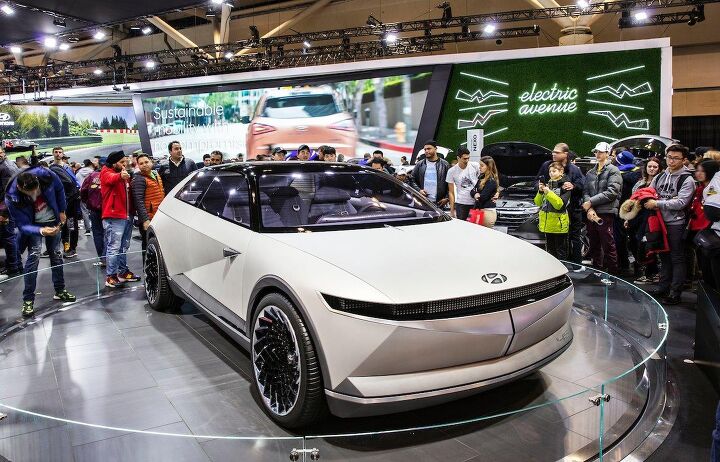

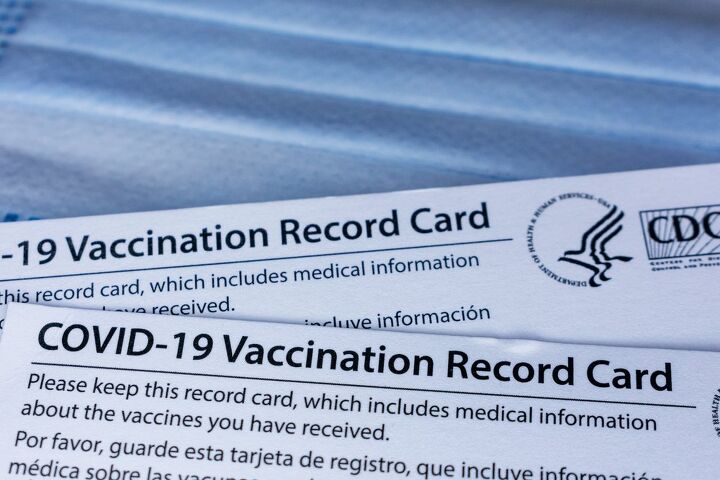
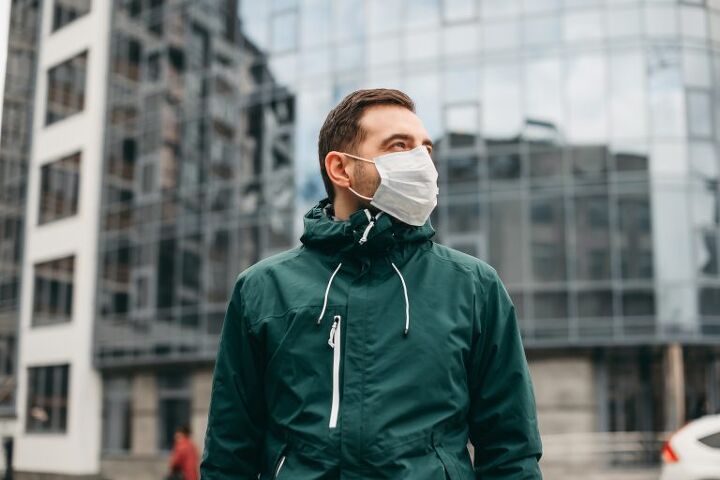
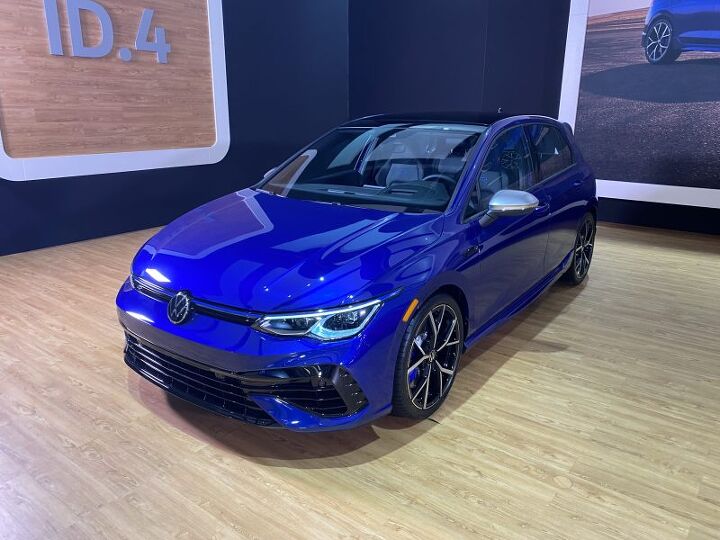

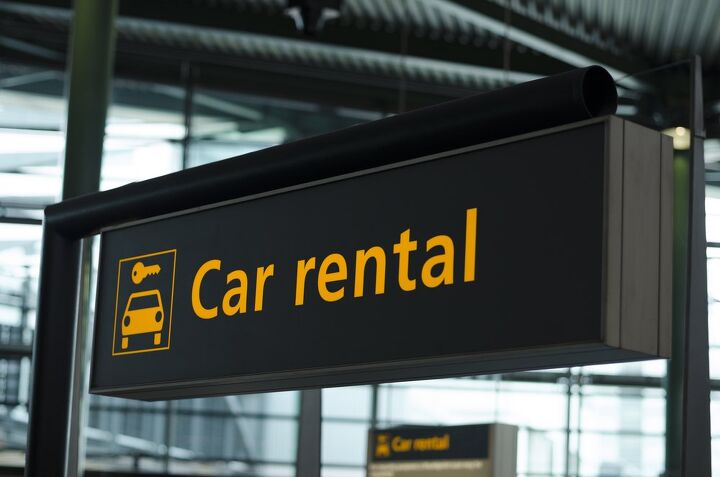
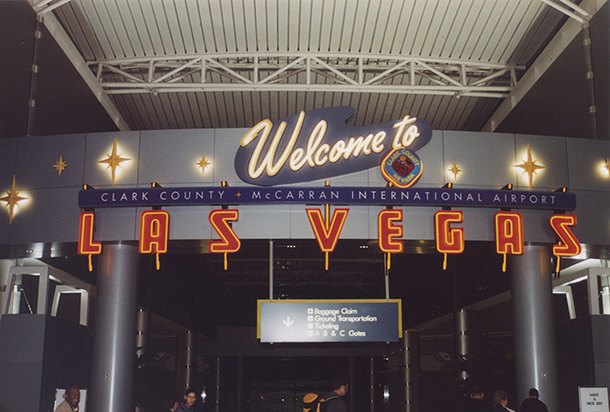


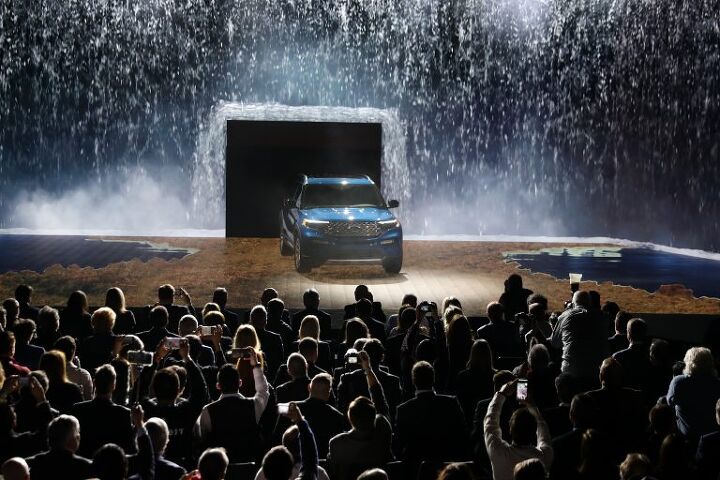












Recent Comments